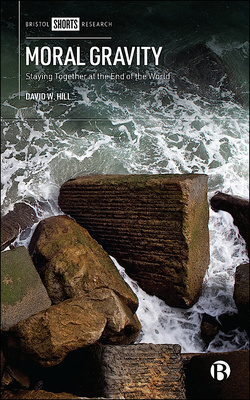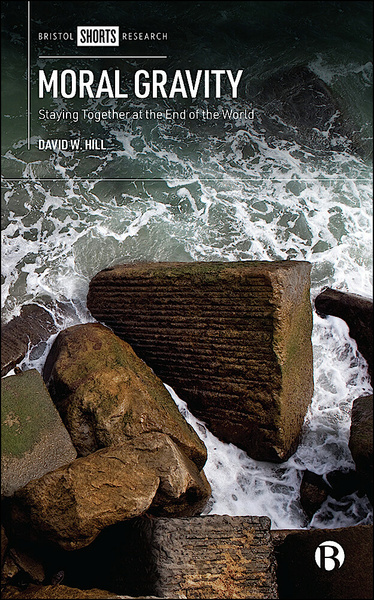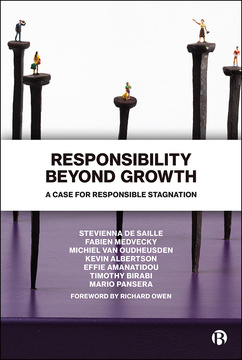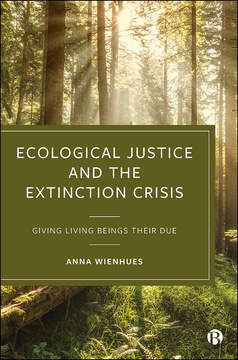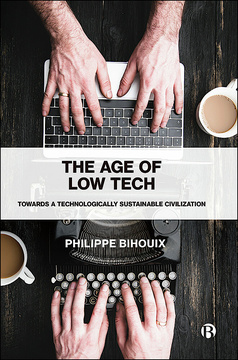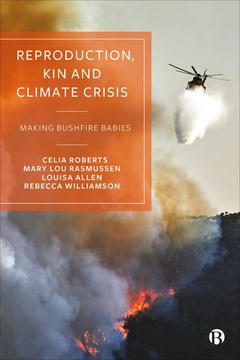Published
18 Jul 2022Page count
140 pagesISBN
978-1529222661Dimensions
203 x 127 mmImprint
Bristol University PressPublished
18 Jul 2022Page count
140 pagesISBN
978-1529222678Dimensions
203 x 127 mmImprint
Bristol University PressPublished
18 Jul 2022Page count
140 pagesISBN
978-1529222678Dimensions
203 x 127 mmImprint
Bristol University PressThinking about climate change can create a paralysing sense of hopelessness. But what about the idea of a planetary exodus? Are high-tech solutions like colonizing other planets just another distraction from taking real action?
This radical book unsettles how we think about taking responsibility for environmental catastrophe.
Going beyond both hopelessness and false hope in his development of a ‘sociology of the very worst’, David W. Hill debunks the idea of a society that centres around human beings and calls for us to take responsibility for sustaining a coexistence of animals, plants and minerals bound by one planet.
We would then find the centre of our moral gravity here together on earth.
“As a counterbalance to the false hopes underwriting contemporary narratives of interplanetary exploration, David W. Hill offers a deeply serious contribution to debates about environmental catastrophe on earth. This book prompts us to think radically about human responsibilities to other animals and geological life – here, now and for the future.” Daryl Martin, University of York
David W. Hill is Senior Lecturer in Sociology at York St John University.
Before
1. Pessimism
2. Exodus
Interruption
3. Responsibility
4. Accession
End







